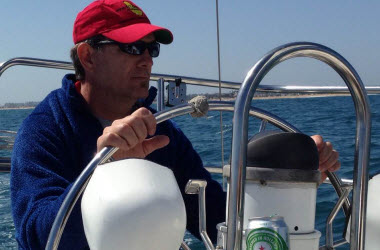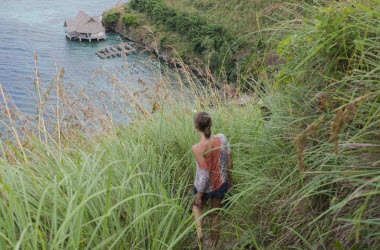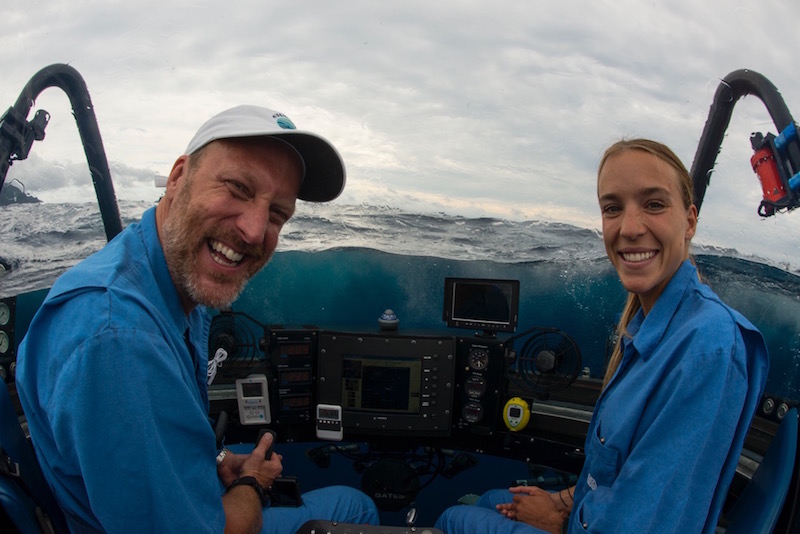September 12, 2017
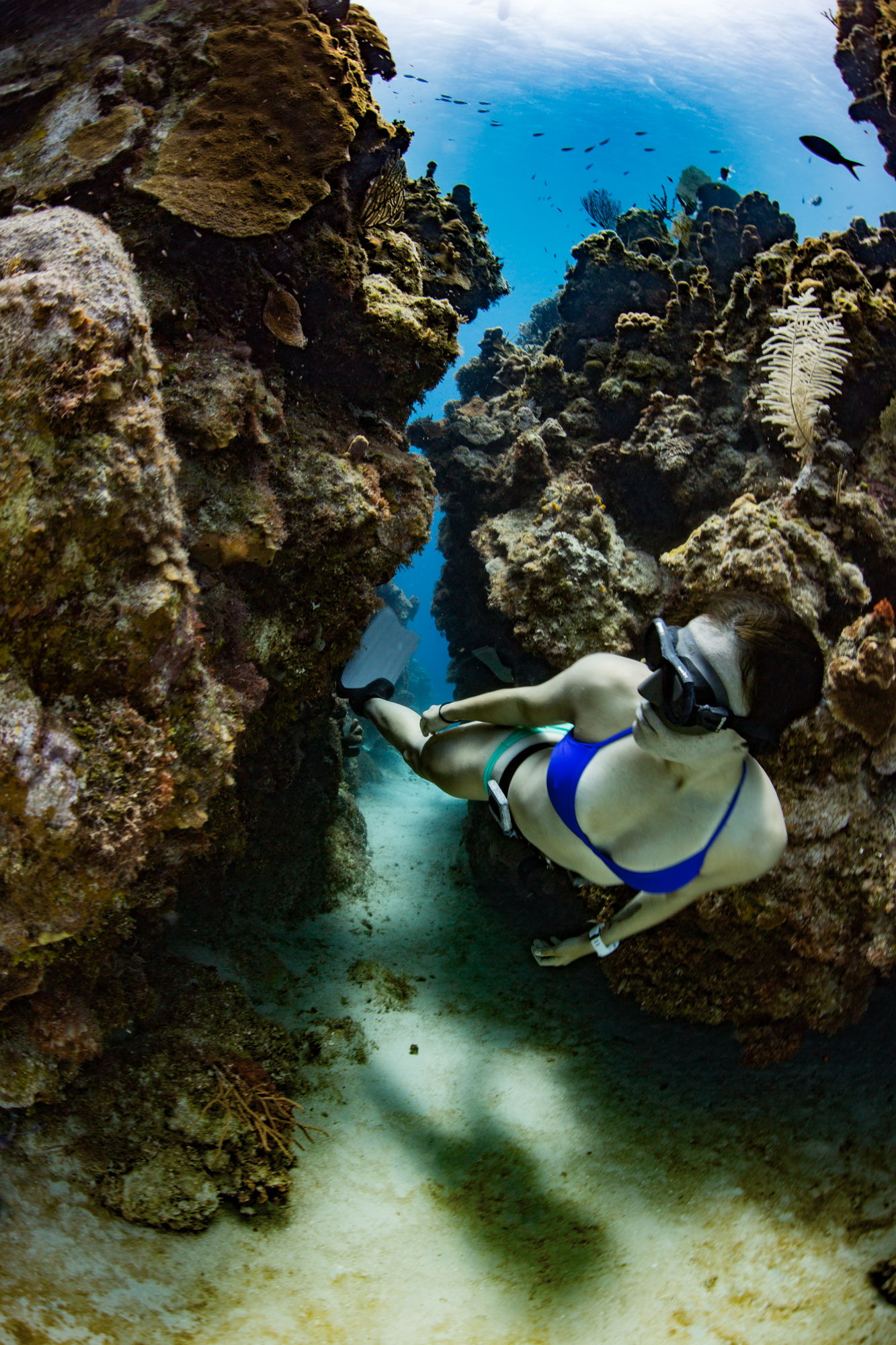
There is a very corny saying that I use to describe the difference between freediving and scuba diving, “We scuba dive to look at our surroundings; we free dive to look within.”
As cheesy as that statement is, it holds merit. When people think about freediving, the majority associate it with adrenaline addicts such as base jumpers and others who like to defy death. This could not be further from the truth. The sport of freediving, or apnea, is actually an extremely relaxing and meditative activity that involves training one’s stress response and physiology to achieve complete tranquility. Every freedive involves a meditative experience that puts one into complete relaxation. Your body actually has a response to lower your heart rate by 50% to help you relax and conserve oxygen; this response is called the mammalian dive reflex and we share it with deep diving marine mammals such as sperm whales and weddell seals.
For myself, freediving is a way to have a much more intense, intimate experience while exploring the ocean. I have been scuba diving for about 11 years and freediving for 3 now, and I can tell you freediving produces a much more surreal experience. Animals such as rays, sharks, dolphins, etc. are much less intimidated by you once you’ve ditched the bubble-generating regulator. 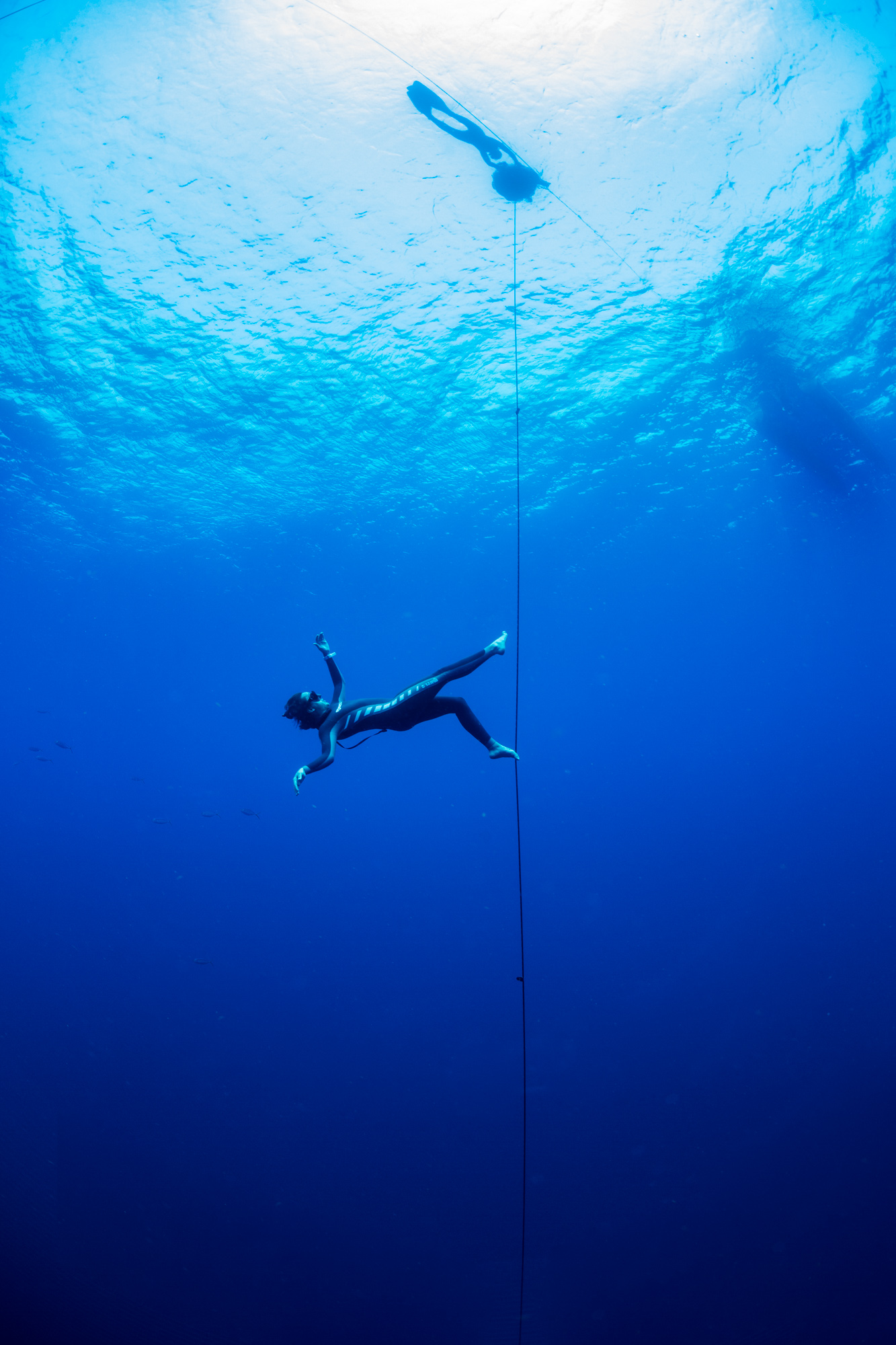 I have had multiple experiences where rays blow past me on scuba,; however, while freediving, they stick around to investigate me. Most places in the world will not let you get into the water with large animals such as whales and whale sharks on scuba due to the noisy, disturbing nature of a regulator, so freediving is the only way have an experience with them.
I have had multiple experiences where rays blow past me on scuba,; however, while freediving, they stick around to investigate me. Most places in the world will not let you get into the water with large animals such as whales and whale sharks on scuba due to the noisy, disturbing nature of a regulator, so freediving is the only way have an experience with them.
Even freediving over a reef is a much different experience without scuba gear. You’ll start to hear the clatter of crustaceans, the crunch of a parrot fish taking a chunk out of a coral head, water moving in and out of the reef, and many other foreign underwater noises. The way I look at is this: we take advantage of our surrounding when on scuba, we forget that we are guests in the underwater world, and we become gluttons with our viewing. If I do a free dive to 20 meters and only have a minute of bottom time, everything I see is more special and I produce a finer appreciation for having seen it. To sum up, I’ve had ok scuba dives, but every freedive, whether I see something or not, is an experience to be cherished.
To learn how to freedive, it is absolutely necessary to receive professional instruction. One could easily research it and I recommend that for background knowledge, but it is no replacement for professional training. The majority of freediving accidents come from a lack of education, and could be easily avoided with a little bit of instruction. So, go find your local freediving instructor and start your apnea experience!

